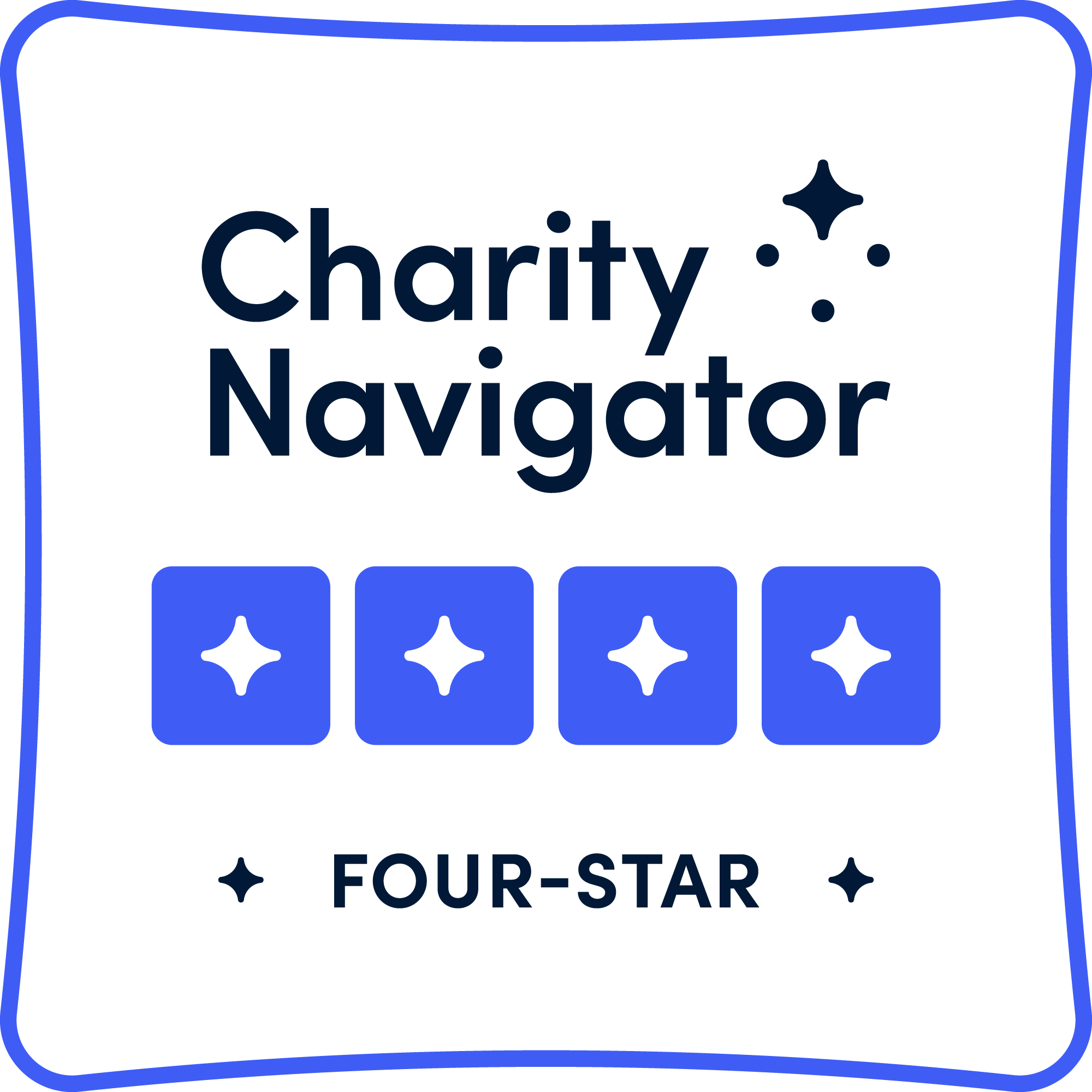Healthcare and Stability for Minnesota Veterans
In the heart of Minneapolis, the Minnesota Assistance Council for Veterans (MACV) helps veteran families who are facing or at risk of homelessness. It’s more than an organization; it’s a source of hope and support. The team at MACV, the state’s largest agency dedicated solely to serving veterans, is making a real difference in the lives of those who’ve served.
As an NFL-BWF Healthy Lifestyles and Creating Community grant recipient, MACV is rolling up their proverbial sleeves to tackle the unique and often multiple challenges facing veterans and their families.
At the Bob Woodruff Foundation, Emily Krause, senior program officer, and Cheyanne Gordon, communications specialist, discuss our collaboration with MACV.
Cheyanne Gordon: Tell us about some of the unique challenges that veterans in Minnesota face, especially in terms of housing instability.
Emily Krause: Absolutely. Our partners in Minnesota are seeing similar trends to what we’re seeing across the country: an aging veteran homeless population that is experiencing high rates of disability and health conditions. About half of the veterans MACV serves are 55 or older. Health conditions, whether affecting mobility or mental health, play a significant role in housing instability. And navigating healthcare systems alone can be overwhelming, particularly for veterans already experiencing homelessness or housing instability.
CG: How does MACV’s Healthcare Navigation program address these challenges?
EK: The Healthcare Navigation program works to address the root causes of homelessness, particularly health-related issues. It employs case management to identify veterans’ healthcare goals, connects veterans with the necessary resources and care, and provides ongoing support to ensure they remain engaged with the healthcare system.
CG: Could you share a success story or a significant outcome from the Healthcare Navigation program?
EK: MACV has administered the Healthcare Navigation since it was first piloted as part of the VA’s Supportive Services for Veteran Families (SSVF) program in 2020. Since then, they’ve seen tremendous success in connecting veterans to health insurance, disability benefits, in-home care, and health care providers within and outside the VA healthcare system. In fact, they are seeing a higher need for these services than they can accommodate with their VA funding alone. This is in part from veterans who don’t meet SSVF eligibility requirements. This is where NFL-BWF funding comes in.
CG: Given the aging veteran population in Minnesota, how does MACV adapt to evolving needs?
EK: Making sure the homeless services landscape is prepared to support aging veterans is a challenge. Nevertheless, this is an important challenge to address. MACV is really keying into how veterans’ needs are changing in their community. They’re focusing on where they need to build capacity to meet those needs. The NFL-BWF Healthy Lifestyles and Creating Community (HLCC) grant is instrumental in adapting to the changing landscape. This funding supplements VA resources for healthcare navigation. It allows MACV to serve veterans who are ineligible for SSVF and enhance support for eligible veterans receiving homeless prevention services.
CG: What impact will the Healthy Lifestyles and Creating Community grant have on veterans in Minnesota?
EK: With this grant, MACV aims to serve 60 veterans. MACV will help improve their physical and mental health and ensure the veterans achieve and maintain stable housing. The funding allows the organization to increase access to benefits and healthcare, addressing the unique challenges an increasingly aging veteran homeless population faces.
CG: Finally, could you share why this cause is personally meaningful to you and the Bob Woodruff Foundation team?
EK: Communities across the country have made tremendous progress in reducing veteran homelessness in recent years. In fact, we just learned that the VA has permanently housed more than 39,000 veterans since the beginning of 2023. But there is so much more work to be done. Housing is the foundation for the stable and successful futures that our veterans and their families deserve. Today, we see a nationwide shortage of affordable housing and rising costs of living across the country. It’s so important that we continue to invest in programs that are helping veterans exit homelessness into permanent housing. It is equally important that we prevent veterans from experiencing homelessness in the first place.
Learn more about the NFL-BWF Salute to Service partnership.









